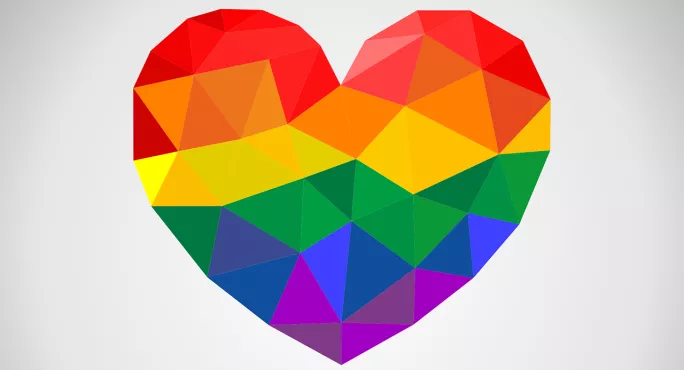To say that the protests at Parkfield Community School in Birmingham against LGBT+-inclusive lessons have been the topic of much debate would be an understatement. I can only imagine how distressing the weekly protests outside the school must have been for students, staff, parents, carers and the wider community.
I’m sure that the decision by Parkfield to suspend teaching of its “No Outsiders” lessons and seek to broker greater understanding with its families was a difficult one to take, and one, I imagine, that was not taken lightly.
In the wider education community, we must actively champion and promote equality and diversity at every chance we have. Teaching inclusive lessons shouldn’t be limited to ones delivered within the PSHE curriculum. At my school, Woodside High, we have a thriving student Equality and Diversity Group, which is responsible for challenging prejudice in all its forms and celebrating the richness of diversity, from whole-school celebrations of Black History Month to challenging the stigma around mental health to a school-wide participation in LGBT History Month. It has led staff training at Woodside and shared its work with other schools. Its work has been recognised and we’ve been named Gold Award Stonewall School Champions.
The importance of LGBT-inclusive lessons
While this recognition of our work is wonderful, achieving so much has not been without its challenges. I have had plenty of sensitive conversations, angry emails, comments on social media and even threats, both verbal and physical, from adults as a result of our work. As a head, I can imagine what the staff at Parkfield are going through.
Sadly, the protests at Parkfield are far from unusual in terms of the daily challenges that the LGBT+ community face. It is not just within our schools and communities; it pervades all aspects of our lives, from the media to the law. Only recently did Google bow to criticism and remove a "gay conversion therapy" app and BBC’s Question Time decided to air a debate on the teaching of “tolerance” of LGBT relationships. This week Brunei enacted a new law punishing homosexuality with death by stoning.
For the LGBT+ community, none of these examples of prejudice and hate are unusual or surprising.
This is the world that our children are growing up in, and, as a school, as a head, I want to make sure that my students are equipped with the tools and knowledge to be able to be safe, happy and thrive in this world, no matter who they are.
It is so important that students see positive role models around them and examples of leadership to counteract some of the damaging effects of the messages young people are exposed to. We do not want our students to grow up feeling fear, shame or anger towards themselves or others. This is a powerful role and responsibility that schools have. We have the ability to be able to nurture, support and guide children as they find their way in the world.
As staff, we must all strive to prioritise equality and diversity not just because it enables students to celebrate who they are, to be able to be allies and supporters to others and to be proud of their individuality. Our school community is all the richer for encouraging a learning environment in which everyone can thrive.
No young person should be sent out into a world with a message of hate. Students must be engaged and compassionate global citizens, equipped with the knowledge and belief of the uncomplicated fact that love is love.
Gerry Robinson is headteacher of Woodside High School in North London


